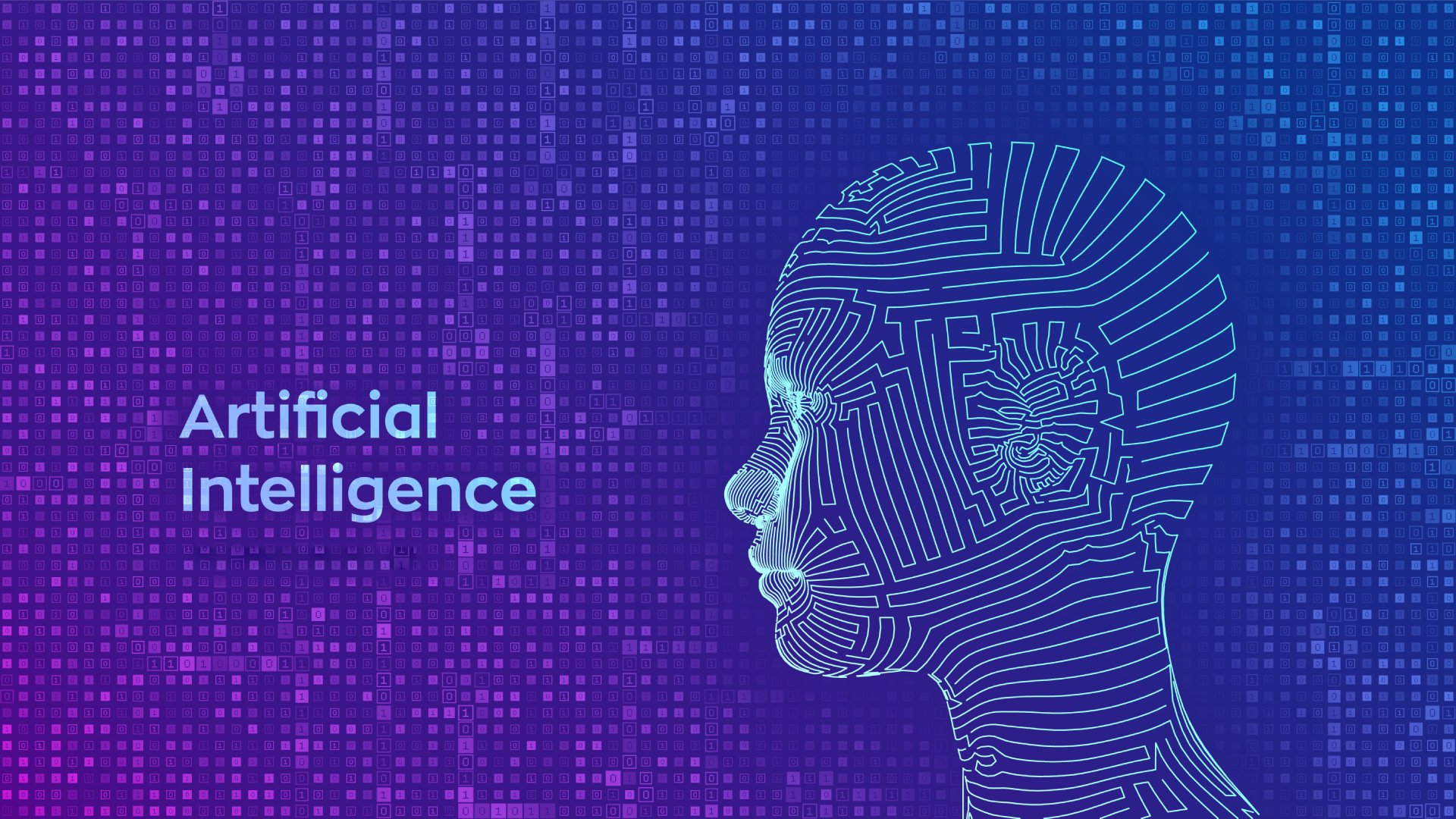As e-commerce continues to grow, brands face the challenge of maintaining genuine human connections with their customers. In 2025, AI will play a crucial role in making digital shopping experiences more personalized, engaging, and customer-centric.
1. AI-Driven Personalization for Deeper Engagement
AI will revolutionize how brands interact with customers by delivering hyper-personalized experiences. From product recommendations to tailored messaging, AI-powered algorithms will analyze real-time user data to provide more relevant and meaningful interactions.
2. Conversational AI for Real-Time Customer Support
AI-powered chatbots and virtual assistants will offer more natural and intuitive conversations, helping brands provide instant, human-like support. These advancements will improve customer satisfaction by making digital interactions feel more personal and efficient.
3. Emotional AI for Better Brand-Consumer Connections
With the evolution of emotional AI, brands will be able to analyze customer sentiments through voice, text, and facial expressions. This will enable businesses to tailor their responses and marketing strategies to match the emotional needs of their audience.
4. AI-Enhanced Visual and Voice Search
Consumers are shifting towards hands-free shopping experiences with voice and visual search. AI will refine these technologies, allowing users to search for products using images or voice commands, making the shopping process more intuitive and human-friendly.
5. AI-Powered Content Creation with a Human Touch
AI-generated content will become more sophisticated, helping brands create highly relevant product descriptions, blog posts, and marketing copy that resonates with their audience. Instead of replacing human creativity, AI will assist marketers in delivering more engaging and authentic narratives.
6. Predictive Analytics for Proactive Customer Engagement
AI will leverage predictive analytics to anticipate customer needs before they even arise. By analyzing shopping habits, browsing history, and previous interactions, brands can proactively offer solutions, discounts, or recommendations, enhancing the overall customer experience.
Conclution
AI is not about replacing human interactions in e-commerce but enhancing them. In 2025, brands that leverage AI to create more personalized, empathetic, and seamless customer experiences will set themselves apart in the competitive digital marketplace. The key to success lies in using AI as a tool to strengthen human connections, not replace them.




